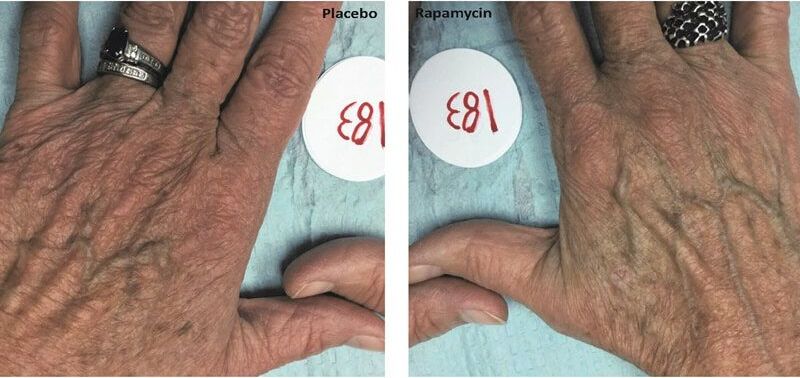9 Easy Facts About Active Biotech: Fusionsprotein verdoppelt Überleben bei RCC - Described

Superantigen stimulation - Sanquin Can Be Fun For Anyone

The biological strength of the SAg (its ability to promote) is identified by its affinity for the TCR. SAgs with the greatest affinity for the TCR generate the strongest action. stage 1 colon cancer treatment -2 is the most powerful SAg discovered to date. T-cell signaling [edit] The Droop cross-links the MHC and the TCR causing a signaling path that results in the expansion of the cell and production of cytokines.

Superantigens - Atopic Dermatitis - Mitch Medical Healthcare
Low levels of Zap-70 have actually been discovered in T-cells triggered by SAgs, suggesting that the typical signaling path of T-cell activation is impaired. It is hypothesized that Fyn instead of Lck is triggered by a tyrosine kinase, causing the adaptive induction of anergy. Both the protein kinase C pathway and the protein tyrosine kinase paths are triggered, leading to upregulating production of proinflammatory cytokines.

Superantigen - Wikipedia
Direct effects [modify] SAg stimulation of antigen presenting cells and T-cells elicits an action that is generally inflammatory, focused on the action of Th1 T-helper cells. Some of the major items are IL-1, IL-2, IL-6, TNF-, gamma interferon (IFN-), macrophage inflammatory protein 1 (MIP-1), MIP-1, and monocyte chemoattractant protein 1 (MCP-1).
Deletion or anergy of triggered T-cells follows infection. This arises from production of IL-4 and IL-10 from prolonged exposure to the toxin. The IL-4 and IL-10 downregulate production of IFN-gamma, MHC Class II, and costimulatory molecules on the surface of APCs. These impacts produce memory cells that are unresponsive to antigen stimulation.
Some Known Facts About Molecular Basis for Their Role in Human Diseases - Amazon.
MHC crosslinking likewise activates a signaling pathway that reduces hematopoiesis and upregulates Fas-mediated apoptosis. IFN- is another product of extended SAg direct exposure. This cytokine is closely linked with induction of autoimmunity, and the autoimmune illness Kawasaki illness is understood to be triggered by SAg infection. Droop activation in T-cells causes production of CD40 ligand which triggers isotype switching in B cells to Ig, G and Ig, M and Ig, E.
The toxic results of the microbe and SAg also damage tissue and organ systems, a condition understood as toxic shock syndrome. If the preliminary inflammation is endured, the host cells end up being anergic or are deleted, leading to a badly jeopardized body immune system. Superantigenicity independent (indirect) results [modify] Apart from their mitogenic activity, Droops have the ability to trigger symptoms that are particular of infection.
